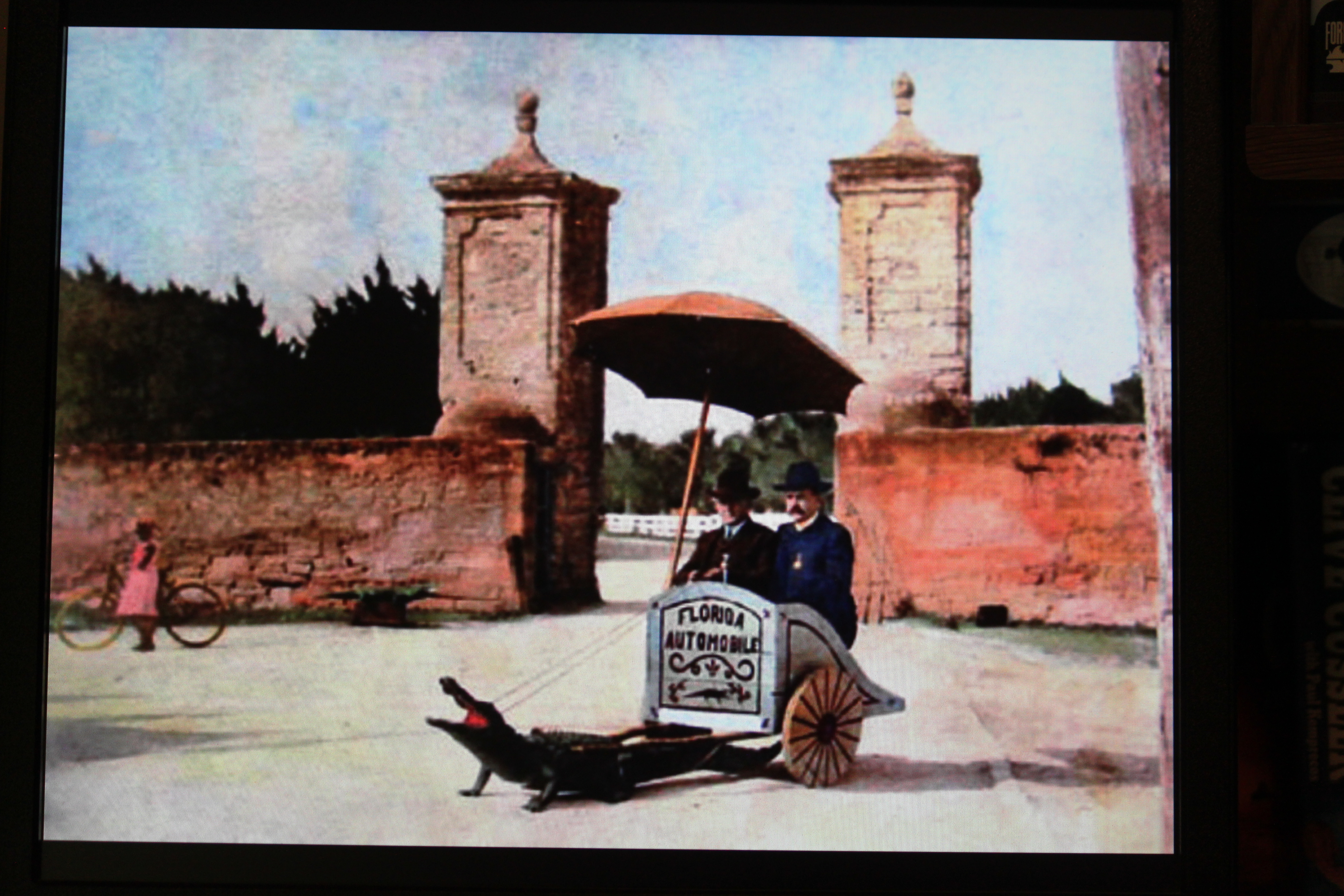Bad and chemicals and Bad Ideas are the Yin and Yang of madness -from Breakfast of Champions by Kurt Vonnegut
I had an exchange with a young Progressive teacher recently. This person is smart, but, in the words of Kurt Vonnegut poisoned with 'bad ideas." We were discussing youth boxing programs. I stated that The Leo Boxing and Celtic Boxing programs did more for poor inner city young men, than activists, race hustling political priests and tweedy academics. In our exchange Gandhi came up and I noted that lawyer Gandhi was not averse to actually showing up early and helping others to set-up chairs, as far cry from media hungry street agitators and activist. This teacher responded that Gandhi was " better man than our late Supreme Court Justice, Scalia, who sat in his chair and took this county back 100 years. Gandi did not harm anyone working with a chair...but Scalia's politically/religious motivations continue to help the wealthy and hurt the poor. He was pro birth and anti life"
The young teacher applied the talking points (bad ideas) right out of Talking Points Memo - a script warehouse for group thought
This is nothing new, shocking, or something required to be ignored by the media. They will and do.
The trouble comes when people accept and never challenge bad ideas.
Justice Scalia was a towering intellect and probably the greatest Supreme Court Justice, since Oliver Wendell Holmes - the Great Dissenter.
However, immediately upon his death the folks at Bad Idea Central began to smear Justice Scalia and it continues.
Bad Ideas are the coin of our realm, I am sad to say.
In his hilarious and humane novel Breakfast of Champions, Kurt Vonnegut's protagonist, Dwayne Hoover, is mentally ill. In Vonnegut's way of thinking, human beings are just 'large rubbery test tubes' and we are filled with either 'good chemicals, or bad chenicals' - Sometimes 'bad chemicals' sit deep in our bodies like fused explosives that will only go off, when triggered by 'bad ideas.'
Vonnegut, who was raised as an atheist by German American Free Thinkers seriously doubted free will. He disliked religion entirely.
Free Will was something that Vonnegut thought was a dodge, created by organized religions. Rather, we were products of some cosmic crap-shoot and endowed, by No One, with either good chemicals, or bad chemicals and introduced to good ideas, or bad ideas.
Vonnegut seemed a very good, kind and wildly thoughtful man.
Today, I think he might agree with me that our American condition is quite mad - nuts, milky in filberty, off the chump, crazier than rodents in that old timey out-house.
I do not necessarily believe that our God-given human make-up is a crap-shoot. Neither did the late Justice Antonin Scalia. Scalia believed that human beings are free agents and the Law was provided to protect, check, or correct the choices we make as individuals and citizens.
Bad ideas abound, because bad ideas are agreed upon and forced down the throats of Americans. The bad ideas are rooted in group thought.
This morning, I read the latest "Kick the Corpse of Scalia" in The Washington Post,
When Supreme Court Justice Antonin Scalia died 11 days ago at a West Texas ranch, he was among high-ranking members of an exclusive fraternity for hunters called the International Order of St. Hubertus, an Austrian society that dates back to the 1600s.
After Scalia’s death Feb. 13, the names of the 35 other guests at the remote resort, along with details about Scalia’s connection to the hunters, have remained largely unknown. A review of public records shows that some of the men who were with Scalia at the ranch are connected through the International Order of St. Hubertus, whose members gathered at least once before at the same ranch for a celebratory weekend.
The piece goes on to 'suggest' -in an investigative report - but no where reports a nefarious plot in involving Justice Scalia with some crypto-Masonic Catholic Odessa File billionaires.
A Secret Society? They must not be trying too hard. Hillary's e-mails and Obama's college records stay hidden in plain sight to the American media 'investigative reporters."
I want Glenn Greenwald to fire up The Guardian and all of his satellite hipster-doofus websites to get to the bottom of Justice Scalia's possible membership in the Ancient and Honorable Order of Turtles!*
I read this piece of "investigative journalism" and thought about Kurt Vonnegut's Breakfast of Champions(BoC). Wheaties is not the BoC, but the martini's served to Dwayne Hoover by a wise-cracking waitress, which adds to his Cosmos-given 'bad chemicals.' Wheaties had Bruce Jenner on its boxes at the time it was published in 1973 - how about that?
Justice Scalia will never appear on a box of Wheaties and, unless bad ideas get called out for what they truly happen to be, more young, earnest teachers will help the Talking Points Memos - Our National Warehouse of Bad Ideas - murder memory, shared truth and our country.
Speaking of Bad Ideas: Trump, Hillary Clinton and Bernie Sanders.
Breakfast of Champion, anyone?
* I am a member - inducted 1972 by Buzzy Lawson, Ma Fleming's Saloon at Swedes in Delavan, WI.





 Often after a a few cheeksful of Drewrys, I'd coax one nd sundry to join me for a jaunt around the Ward in my alligator powered chariot -Mon Bijou! Ubi sunt!
Often after a a few cheeksful of Drewrys, I'd coax one nd sundry to join me for a jaunt around the Ward in my alligator powered chariot -Mon Bijou! Ubi sunt!




